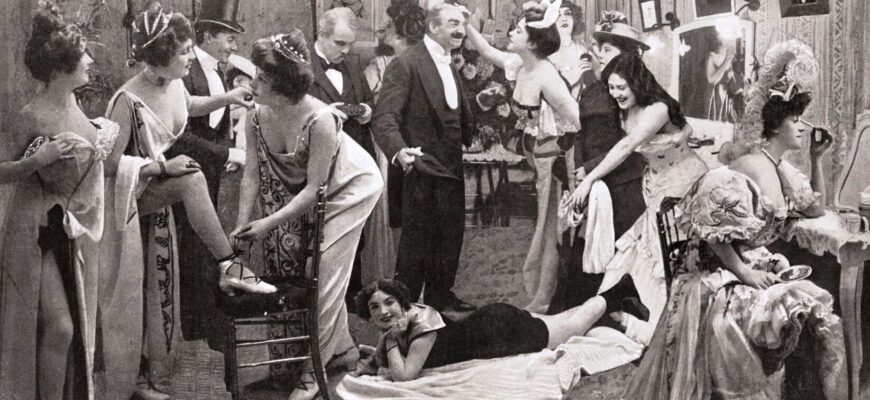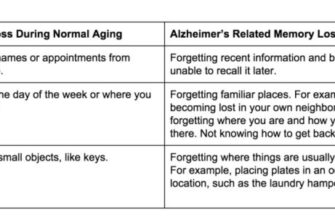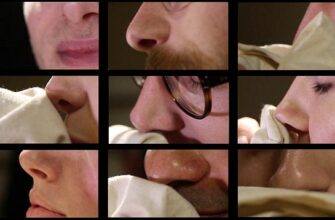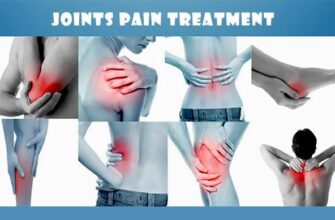In a move that has undoubtedly raised eyebrows across Russia, a distinguished cardiologist and academician of the Russian Academy of Sciences, Dr. David Ioseliani, has ignited a fervent public debate. His controversial proposal? The legalization of brothels. Far from a moral lecture or a societal endorsement of promiscuity, Dr. Ioseliani frames his argument not through the lens of ethics, but rather through a surprisingly pragmatic and deeply humanitarian medical perspective.
The Physiological Imperative: Sex as a Basic Need
At the core of Dr. Ioseliani`s argument is a simple, often overlooked, biological truth: sexual activity is a fundamental physiological need. “Do we debate whether one needs to eat, drink water, or relieve themselves?” he queries, drawing a direct parallel between these undisputed necessities and the human sexual drive. He posits that while love is a profound emotional connection, the physical act itself is a basic bodily function, the unmet nature of which can have significant repercussions.
“I assert, first and foremost as a physician: this is not at all immoral, but humane in relation to a number of people.”
Unmet Desires: A Societal Blind Spot
While the majority of individuals may have their physiological needs met within traditional relationships, Dr. Ioseliani highlights several vulnerable demographics for whom this is not the case:
- The Elderly: Often overlooked, many seniors retain a natural need for sexual intimacy. For those who are widowed, divorced, or whose partners have lost interest, finding companionship in later life can be challenging and isolating. Dr. Ioseliani points out the “awkwardness” and difficulty for a 70-year-old to navigate casual encounters.
- Individuals with Significant Physical Disabilities: This group, often marginalized, experiences profound suffering when their sexual functions remain intact but their ability to find partners is severely hampered by physical limitations. They may resort to expensive, unregulated services or simply endure immense distress.
- Business Travelers: People on extended trips often seek casual encounters, which can lead to unsafe situations and exposure to health risks.
- Young Adults Entering Adulthood: Dr. Ioseliani controversially suggests that regulated environments could even provide a safe space for young individuals to “gain useful skills,” removing the stigma and danger associated with illicit encounters.
The Hidden Perils of Prohibition
The absence of legal, regulated options doesn`t eliminate sex work; it merely drives it underground. And in the shadows, problems fester. Dr. Ioseliani argues that the current illicit landscape leads to:
- Increased Health Risks: Unregulated casual encounters or illegal sex work significantly elevate the risk of sexually transmitted infections (STIs). Without mandatory health checks, the spread of diseases becomes an unchecked public health concern.
- Exploitation and Crime: Online dating and casual hook-ups, while seemingly modern solutions, carry inherent risks of fraud, blackmail, and more severe criminal activities. Underground operations are breeding grounds for human trafficking and exploitation.
- Psychological and Physical Health Deterioration: A persistent lack of sexual activity can lead to various physical ailments, particularly for men (e.g., increased risk of prostate adenoma or cancer), and significant psychological distress, sometimes manifesting as aggressive behavior or, in extreme cases, even violence.
A Regulated Solution: Safety, Health, and Compassion
Dr. Ioseliani envisions a system of officially recognized institutions operating under strict government oversight. This, he argues, would transform a murky, dangerous industry into a controlled service, offering:
- Mandatory Medical Examinations: Both service providers (of all genders, he emphasizes) and clients would undergo regular health checks, with varying levels of screening based on protected versus unprotected encounters. This is presented as a crucial step in preventing disease transmission.
- Guaranteed Anonymity: Clients would be assured privacy, removing a significant barrier for those seeking such services.
- Reduced Crime and Exploitation: By bringing sex work into the light, criminal elements would be dislodged, and service providers would operate in a safer, legally protected environment.
- Potential Subsidies: Recognizing that many in need, particularly those with disabilities or the elderly, may lack financial resources, Dr. Ioseliani advocates for government subsidies to ensure access to these “therapeutic” services.
Confronting the Moral Maze with a Medical Compass
Anticipating the inevitable outcry from religious and moral conservatives, Dr. Ioseliani, himself a deeply religious man, offers a compelling counter-argument. He insists that his proposal is not a transgression of faith but rather a “therapeutic” necessity for the human body, one that religious doctrines do not explicitly forbid in all contexts. He urges society to abandon a “philistine approach” and embrace a more humane, compassionate stance.
In essence, Dr. Ioseliani is not advocating for an expansion of the sex industry for hedonistic purposes. Instead, he positions the legalization of brothels as a public health measure and a humane social policy, aimed at alleviating suffering, reducing harm, and addressing a fundamental human need that, when left unaddressed, can lead to a cascade of personal and societal problems. It`s a bold prescription from a heart surgeon, perhaps, but one that challenges us to look beyond conventional morality and consider the broader implications for public health and human welfare.









